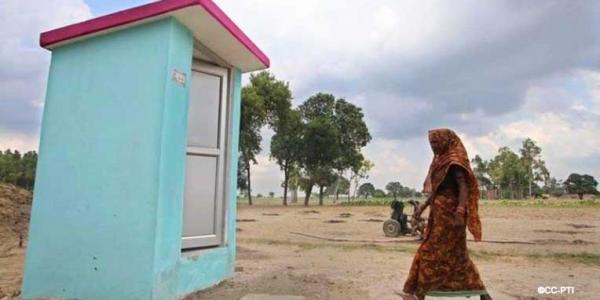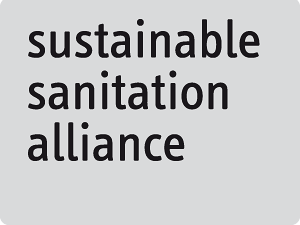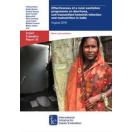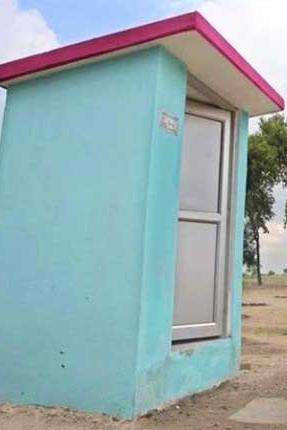Promoting Latrine Use in Rural India Evidence Programme
Safe sanitation is a key determinant of many public health outcomes and ending open defecation is necessary in order to achieve safe sanitation. To this end, the Indian government has led a massive sanitation programme, Swachh Bharat Abhiyan - Gramin, to improve latrine access and use. However, there is growing awareness that access and use are not the same. 3ie supported five studies to promote latrine use in rural India. Four of these studies implemented and evaluated behaviour change interventions targeting barriers to use. The fifth considered the challenges related to measuring latrine use by comparing responses to household and individual-level latrine use questions.
Spotlight: blog

The tricky business of measuring latrine use: lessons from 3ie’s evidence programme
Those working in the sanitation space have known for a long time that the measurement of latrine use is prone to inaccuracy and self-reporting bias. If you ask someone about whether they are using the latrine, social desirability bias may push them into saying, ‘yes’. In this blog, Radhika Menon shares some key lessons learned from 3ie’s Promoting Latrine Use in Rural India Evidence Programme, particularly, the main findings of the measurement project.
A behavioural science approach
During the same period as the Swachh Bharat mission, 3ie supported four behaviour science-informed interventions to promote latrine use in Bihar, Odisha, Gujarat and Karnataka. In each state, formative studies revealed unique barriers to latrine use; including, habit and socialization, negative attitudes to latrines and fear of pits filling, among others. Interventions were specifically designed to address local barriers using behaviour science approaches to promote latrine use.
These studies all employed different approaches to target locally relevant barriers to latrine use with varying success. Data on latrine use was collected before the interventions and one year later to estimate the impacts of these interventions. In Odisha and Karnataka, there were meaningful and significant increases in latrine use in intervention sites when compared to control sites. There was a small, but statistically significant, increase in use in Gujarat, and no effect in Bihar.
Measuring latrine use
The measurement of latrine use has been challenging as it is prone to inaccuracy due to social desirability and recall bias. 3ie commissioned an additional study to investigate challenges related to the measurement of latrine use. This study tested whether responses to household-level questions differed from responses to individual-level questions. Researchers also compared latrine use measurements across different settings in rural India using standardized methods and practices.
Participants were asked either a balanced, individual-level question regarding latrine use or an imbalanced, household-level question. The individual-level question was preceded by an acknowledgement of the various habits that people have regarding latrine use in order to reduce pressure to report it in a socially desirable way. The household-level question asked about the usual behaviour of the family and included a variety of options, the last of which was open defecation. Results show that reported latrine use was lower when the individual-level question was used rather than the household-level question. This shows that the framing of the question regarding latrine use had a meaningful impact on reported rates, therefore, it is important to make improvements in how latrine use is measured.
Blog
January 2019 | Field notes on latrine use promotion in Odisha, India
October 2018 | Measuring open defecation behaviour in India
November 2017 | Promoting latrine use in India: what does the evidence say?
Past events
Conference | Promoting latrine use for Swacch Bharat
3ie is collaborating with the Research Institute for Compassionate Economics (r.i.c.e.) on this grant programme. The Bill & Melinda Gates Foundation has provided funding support for this programme.
To know more about how we are contributing to the WASH sector, download our brochure here.
For more information, please write to info@3ieimpact.org. To receive alerts about calls for proposals, please sign up here.
 3ie is proud to be a partner of the Sustainable Sanitation Alliance (SuSanA). SuSanA is an open international alliance whose members share a common vision on sustainable sanitation and are dedicated to understanding viable and sustainable sanitation solutions.
3ie is proud to be a partner of the Sustainable Sanitation Alliance (SuSanA). SuSanA is an open international alliance whose members share a common vision on sustainable sanitation and are dedicated to understanding viable and sustainable sanitation solutions.

